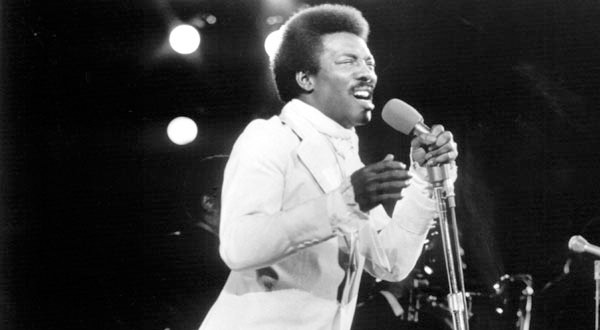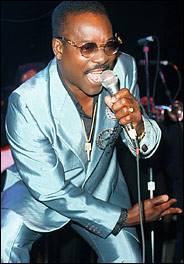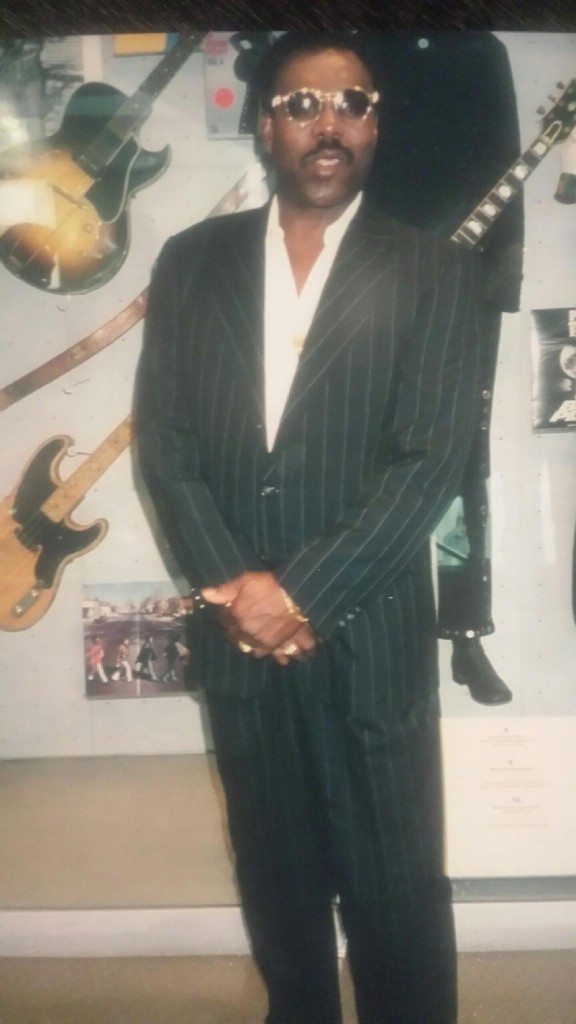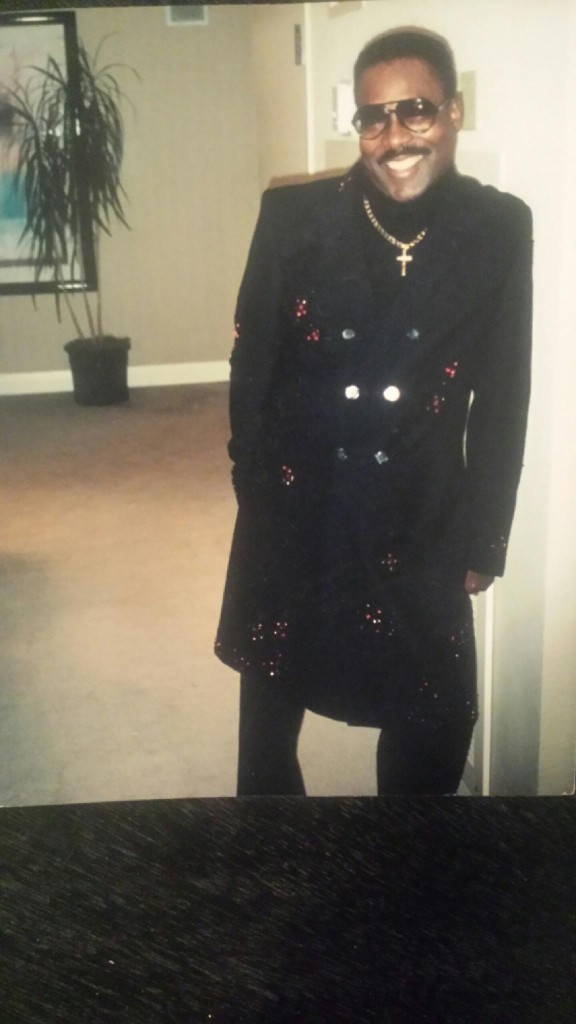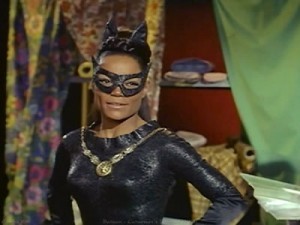The Museum Of UnCut Funk remembers and honors Mr. Wilson Pickett. We would like to thank Ms. Veda Pickett Neal, the daughter of legendary soul singer Wilson Pickett, for sharing her memories of her father with us.
Wilson Pickett The Man Designated For Greatness
This is a story of a man who has another side of his life story that no one knows. My dad was a man who had compassion for people and his fans and compassion for life, family and God. He was a man that was very strong in his Christian faith that never left him until his death. God gifted him with a talent not just with singing but with preaching. That was his calling in life, to serve the Lord. He never thought that he was a man that would become one of the greatest R&B Soul Singers or an entertainer that would make history or change and make a difference in the music world. He never thought he was that good. All he wanted to do is just sing.
His grandfather was a Baptist Preacher. All young Wilson knew was church and picking cotton on a plantation. At the age of 9 his job was to work in the cotton field from sun up to sun down and drive an old rusty truck loading those bags of cotton on the truck. For lunch in the field he ate only what they had, sometimes just bread with no meat or nothing at all or he just had to wait until he got home to eat some supper. Wilson was always the provider for the family. Sometimes when he could get away from the cotton field he would go hunting, being away for days, and would come back home with lots of wild rabbits to eat. He would know how to skin them as his mother would cook for the family meals and he would help the best way he knew how. His mother would do odd jobs to provide for the family as well.
This was not the life for him. He would tell his brothers and sisters that he was going to leave and make something of him self. They would ask “what are you going to do” and he would say “I’m going to sing R&B”. They did not believe him. At the time this was not allowed in his mother’s home. Gospel was the only music that was to be sung in that household. His grandfather and mother did not allowed worldly singing. My dad would always tell me that the only reason he left gospel was because there was no support in gospel and the church and no money to support the families. That’s why he left. Remembering Detroit, he decided to move to Detroit to stay with his father at the age of 15. There was nothing left for him in the South.
Moving from the south at a young age to Detroit were his mother and older siblings who moved with his father Wilson Pickett Sr. They didn’t stay too long in the big city. His father was trying to give his family a better life and a brighter future but things did not work out for his mother so she packed up and came back to the south, her and the kids.
Wilson’s father never stopped providing for the kids, sending money to help as much as he could. His father didn’t have an education. Working hard labor jobs that’s all he knew but he always wanted the best for his children. The south at that time was not the best place for opportunity and that’s all his children would know, hard labor on a plantation. All these stories about entertainers back in the day are true, they were very poor. They all had dreams of becoming something in their lives. My dad was one of them as well. His mind was made up that nothing was going to stop him from reaching his dreams. It was strong in his heart but his mother and grandfather were not going to have it. Gospel is what God wanted him to do and that was that, there was no way around it.
As a young teenager Wilson could not see himself living the way he was living. There was nothing for a young man to do here in the south. He had so much against him as a Black man in the south, racism and staying poor. His mother couldn’t handle Wilson, not because he was a bad boy but because she no longer could give him the things he needed. He needed his father in his life. She could only show a mother’s love. But he needed a father to raise him to become a man.
Wilson’s father sent him the money for a one way ticket on the greyhound bus to Detroit. This was the true beginning of my dad’s life, career and marriage. People always think that my dad’s career started in Prattville. It started in Detroit first with a gospel group called the Violinaires. My Grandmother Helen Pickett, who was my dad’s stepmother took him to all the revivals and rehearsals. The group would sing at Rev Franklin’s church, which was Aretha Franklin’s father’s church. As time went on Wilson was asked to sing with a group called the Falcons whose line-up included future soul stars Eddie Floyd and Sir Mack Rice. In 1962, with the group’s “I Found the Love” still on the charts, Wilson Pickett recorded his first solo sides, in the style of the Drifters. “I’m Gonna Cry” is a good example of this.
In 1963, Wilson Pickett blended a secular and sanctified style with his sermon, “If You Need Me.” Wilson Pickett sent the demo to New York, hoping to score a deal with Atlantic. The label’s Jerry Wexler liked “If You Need Me,” but gave it to Solomon Burke instead of signing Wilson Pickett. However, when Wilson Pickett’s “It’s Too Late” triumphed on the charts, which was a song written about the separation with his wife Bonnie who moved back to Detroit with their two children Lynderrick and Veda, Jerry Wexler bought his contract from Lloyd Price’s Double-L label. Matching Wilson Pickett with producer Bert Berns was supposed to be a sure thing, but “Come Home Baby,” Wilson Pickett’s duet with Tammi Lynn, sacrificed the man’s essential punch and grit.
Wilson Pickett next recorded at the Stax studio in Memphis. He and Eddie Floyd and guitarist Steve Cropper came up with “Don’t Fight it”, “634-5789”, “Midnight Hour” and many other hit songs. Jerry Wexler had his eye on the Fame studios in Muscle Shoals, Alabama where African American singers had that bare-boned soul sound. Wilson Pickett’s sessions at Fame produced such classics and “Land of 1000 Dances,” and “Mustang Sally.” Wilson Pickett continued to make great hits with Muscle Shoals. He unleashed the full fury of his voice on songs like “Don’t Knock my Love.” Wilson Pickett then journeyed to Ghana, West Africa, headlining a festival of U.S. and African musicians singers and musicians in the film “Soul to Soul.” In 1991 my father was inducted in the Rock & Roll hall of Fame.
My father loved his fans as if they were his own family, even until his end of his life. All he could think about was giving his fans what he had left. He is never gone from us, everywhere you go you can still hear his music and this voice to let us know the “Wicked Wilson Pickett” is here to stay.

